Pondering “What If We Get it Right?”
CLF President Bradley Campbell recently spoke with Ayana Elizabeth Johnson about environmentalism in the age of Trump. We’ve excerpted portions of their conversation.

CLF President Bradley Campbell recently spoke with Ayana Elizabeth Johnson about environmentalism in the age of Trump. We’ve excerpted portions of their conversation.

As the pace of natural disasters picks up, stunned communities ask themselves: How do we clean up from this? While there’s no easy answers, we need to take a more systematic approach to natural disasters.
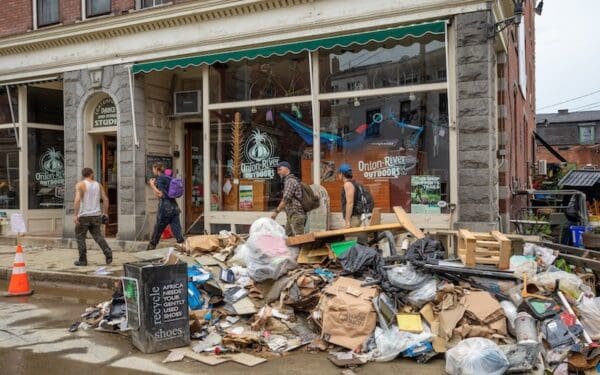
Guest author Wilson Haims explores how wild spaces like Cashes Ledge can expand people’s perspectives

Conservative media and even some conservation spaces want you to believe that Black people don’t care about the environment, nor do they vote for the environment. I find that ironic, considering I was raised by farmers and environmentalists on both sides of my family. They cared about taking care of the environment because it was the only thing they had.

The Trump administration is pledging to open our waters to hazardous oil and gas drilling.
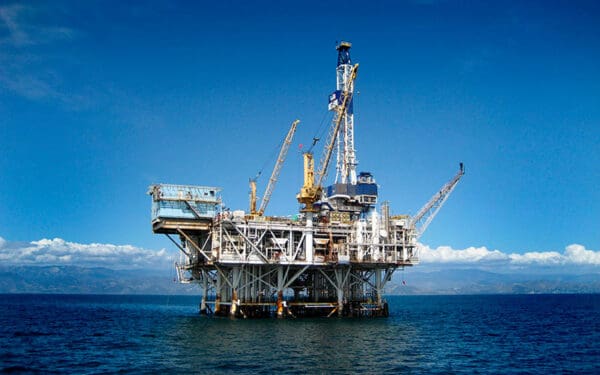
We spend so much time indoors, working, studying, exercising, or just lounging around on the couch that indoor air quality – or the lack of it – can profoundly affect our health.
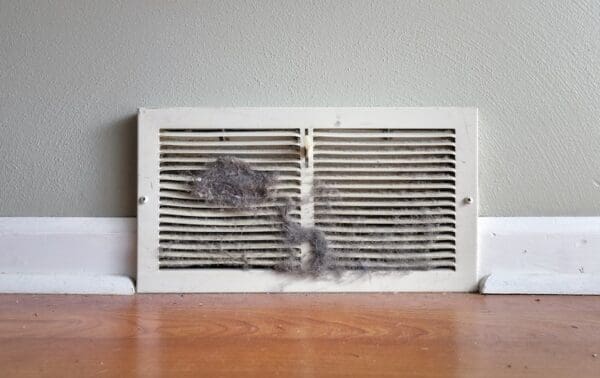
About 15 years ago, Exxon Mobil ran a TV commercial that never mentioned oil or gas. Instead, it featured a friendly-looking Exxon scientist describing his work turning algae into “biofuels that we could someday run our cars on.” These new fuels would “help solve the greenhouse problem,” he said, because “they absorb CO2.” The… Continue reading The Greenwashing Machine
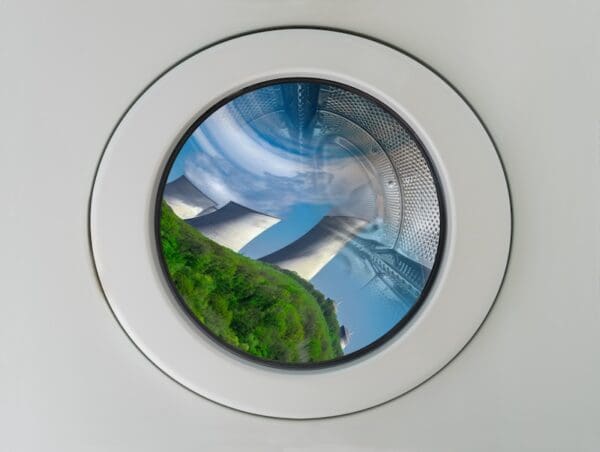
Some of the world’s biggest polluters want us to believe they’re going green – but they’re really just hiding “business as usual” behind slick words. Here’s how to spot greenwashing in action.
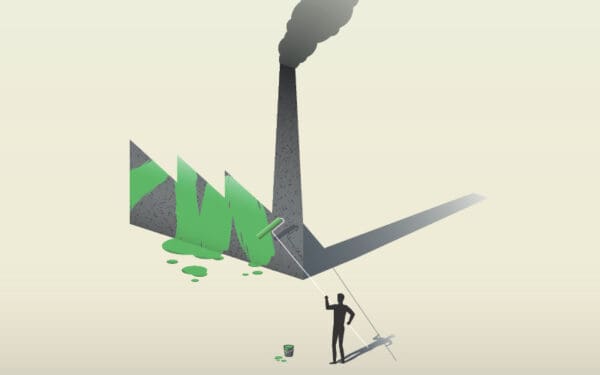
The Trump administration has launched an all-out legal attack on states’ authority to set climate change policy, but the president has come to the fight That’s why we’re urging state and local leaders to remain steadfast in pursuing environmental and climate change policies they know will improve the health of the planet.
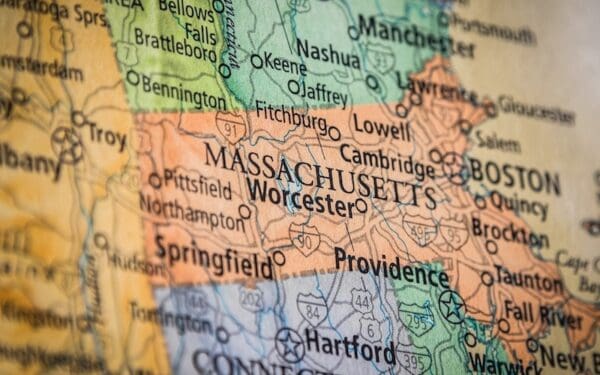
The carbon footprint concept was a clever marketing tool used by fossil fuel companies to spread the blame on carbon pollution.
